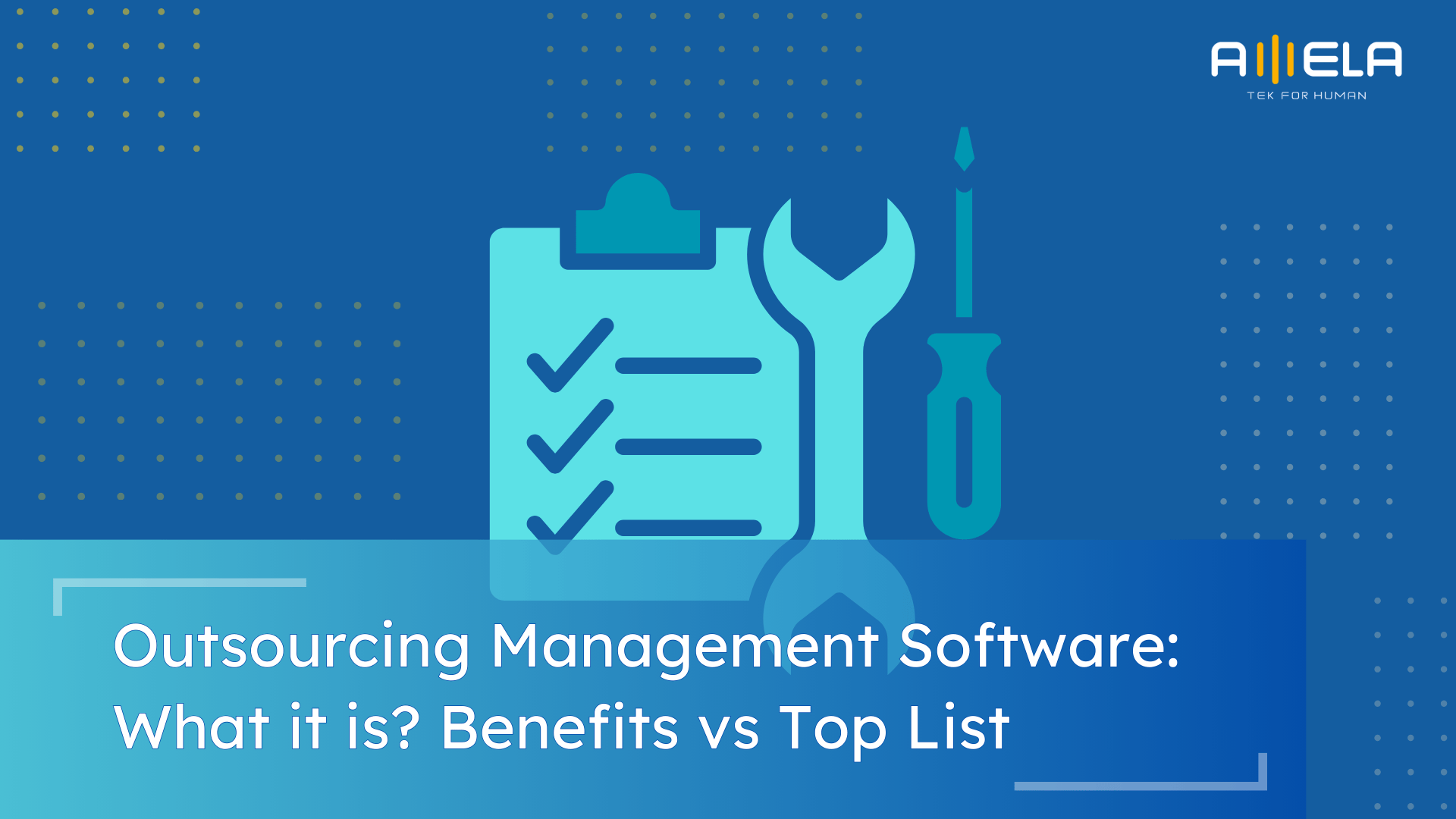In today’s fast-paced world, businesses worldwide are increasingly looking to outsource their software development projects. Java remains one of the most widely used programming languages for mobile and enterprise application development. Companies that outsource Java app development can harness specialized skills and save time and costs. However, finding the right vendor is crucial to the […]
Learning how to build a blockchain from scratch is one of the most challenging — and rewarding — paths in modern software engineering. Unlike deploying smart contracts or customizing an existing chain, building a blockchain means designing the data structures, networking rules, consensus logic, and security guarantees that define how the entire system behaves. This […]
In today’s fast-paced digital landscape, businesses are increasingly turning to cloud app development. This approach allows them to enhance their operational efficiency and flexibility. With cloud technology, companies can build scalable, robust applications that meet the demands of modern users. In this article, we will explore the top five tools available for cloud app development, […]
Companies today need faster decision-making, tighter security, and reliable operations closer to where data is generated. Traditional cloud-only models can’t always keep up with these demands. That’s where edge computing comes in — processing data locally to cut latency, reduce risk, and keep critical systems running in real time. In this blog, we’ll explore 10 […]
The IoT is no longer science fiction. It’s woven into the fabric of our everyday lives, silently transforming how we live, work, and interact with the world around us. From our homes to our cities, IoT applications are making things smarter, more efficient, and even a little bit magical. In this blog, we’ll delve into […]
In today’s competitive food and beverage (FnB) industry, a restaurant mobile app development strategy is essential. Customers prefer ordering food through mobile apps because of the convenience and speed they offer. Developing an app for your restaurant will help you stay ahead in the digital transformation wave. This guide will help you navigate through the […]
Every developer knows that the secret to building great Android apps isn’t just skill — it’s having the right Android app development tools. These are the engines behind faster coding, smoother design, and cleaner deployments. From powerful IDEs like Android Studio to smart helpers like Firebase and Figma, these tools simplify the grind so you […]
Boldly enter the gaming industry with cutting-edge solutions! React Native game development is revolutionizing mobile gaming by enabling businesses to build powerful, cross-platform games efficiently. From planning and coding to publishing and marketing, mastering the React Native gaming framework helps enterprises accelerate game development while reducing costs. This guide will walk you through the entire […]
Finding the right partner to build your mobile app can be challenging, especially in a fast-moving digital hub like Hong Kong. The city’s demand for high-quality mobile solutions has grown rapidly, and businesses now look for partners who can deliver not just code, but strategy, design, and long-term support. With so many options available, identifying […]
In the world of data engineering, building efficient, scalable, and reliable data pipelines is essential for processing large volumes of data and generating actionable insights. While Python is widely known for its simplicity and versatility in creating data pipelines, it’s not the only option available. Depending on the size of the data, real-time requirements, and […]













